French and British representatives to the United Nations expressed concern over Israel’s resumption of attacks and the aid blockade on the Gaza Strip, where civilians, including 1 million children, are on the brink of starvation, disease and death.
“It is unacceptable that Israel has blocked humanitarian support from entering Gaza for nearly two months, meaning that Palestinian civilians, including 1 million children, are facing starvation, disease, and death,” said Ray Collins, parliamentary under-secretary of state for the Foreign Office.
He stressed that U.N. and other workers must be able to deliver life-saving assistance safely in line with humanitarian principles in the Gaza Strip.
“We are outraged by the recent attacks, including killing Palestinian Red Crescent workers and the hit on a U.N. compound on March 19,” Collins said during an open Security Council debate on “The situation in the Middle East, including the Palestinian question.”
He added that this act is “inexcusable,” and urged Israel to conduct full, transparent investigations into these incidents and hold those responsible to account.
Earlier at the session, the French foreign minister expressed concern over the continued Israeli attacks, saying the resumption of strikes “must shock us.”
“I call on Israel to lift all restrictions so that humanitarian aid can enter the Gaza Strip,” said Jean-Noel Barrot.
Barrot expressed concern about Israel’s continued attacks on Gaza, saying their first priority is to end hostilities and alleviate civilian suffering.
“The resumption of Israeli strikes must shock us; they are a dramatic step back,” he said, noting that Israeli bombings have killed over 1,300 people since the end of March, including many civilians, women, and children.
He reiterated that “only a two-state solution can guarantee long-term peace and security for Israelis and Palestinians,” but warned that this aspiration is currently undermined by increased settlement activity in the occupied West Bank.
The Israeli army renewed its assault on Gaza on March 18, shattering a Jan. 19 cease-fire and prisoner exchange agreement with the resistance group Hamas.
Meanwhile, Israel’s deputy envoy rejected international reports Tuesday of a humanitarian crisis in the Gaza Strip, defending his country’s genocidal attacks and blockade on the enclave.
“Our assessments indicate there is currently no evidence of a humanitarian crisis in Gaza,” deputy envoy Brett Jonathan Miller forcefully told the U.N. Security Council.
Since March 2, Israel has kept Gaza’s crossings closed to food, medical and humanitarian aid, deepening the humanitarian crisis, according to government, human rights and international reports.
Miller said Israel facilitated more than 25,000 aid trucks during a recent 42-day cease-fire. “These trucks carried tens of thousands of tons of humanitarian aid, including food, fuel and medical supplies.”
The Palestinian ambassador to the U.N. said that “there is no shortage of bombs falling on Gaza, but there is an imposed shortage of everything else; starvation as a weapon of war against an entire civilian population that is still being bombarded relentlessly.”
The International Criminal Court issued arrest warrants last November for Israeli Prime Minister Benjamin Netanyahu and his former Defense Minister Yoav Gallant for war crimes and crimes against humanity in Gaza.
Israel also faces a genocide case at the International Court of Justice for its war on the enclave.
Pivoting from Gaza, Miller reiterated that “Israel will not allow Iran to obtain nuclear weapons. We will not waver. We will not retreat on this issue, and we call on the international community to uphold that red line.”
Miller urged collective international action, warning that “the consequences of a nuclear Iran will not be limited to Israel. They will extend across this region and beyond.”
Israel has long maintained fierce opposition to Iran’s nuclear program. Netanyahu publicly stated last November that Israeli military operations in October had inflicted damage on Tehran’s nuclear infrastructure.

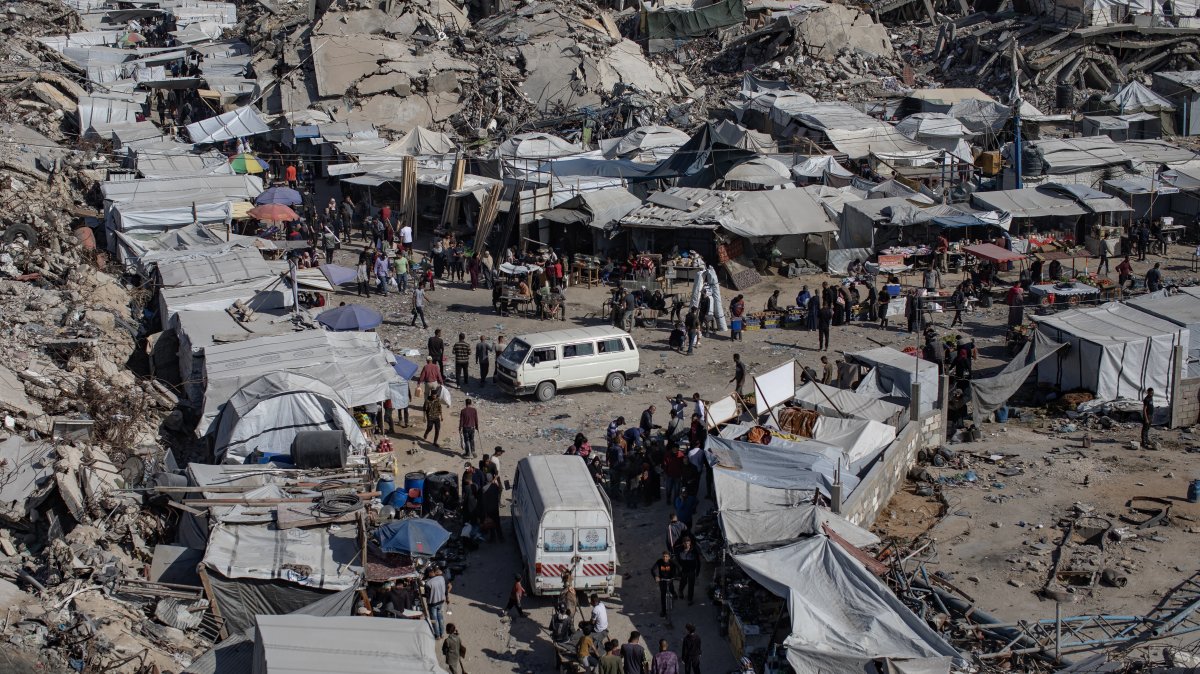
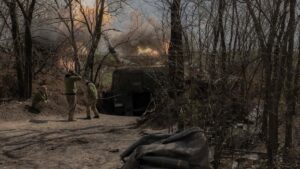
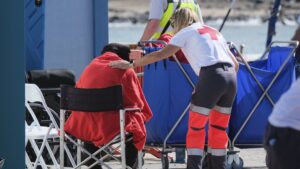
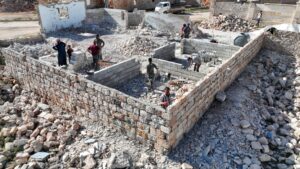
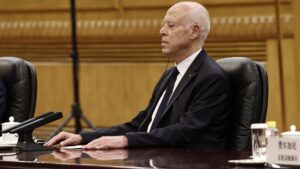

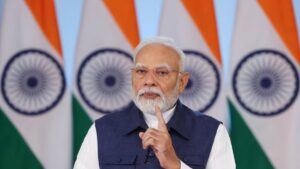

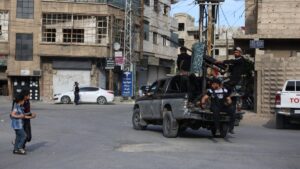
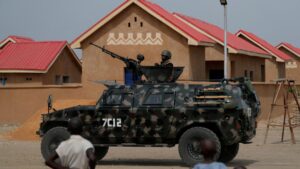
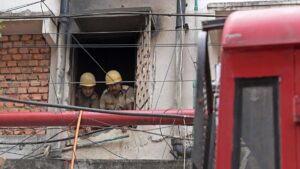
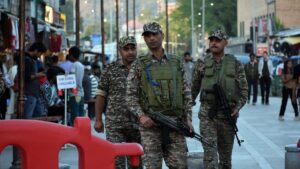
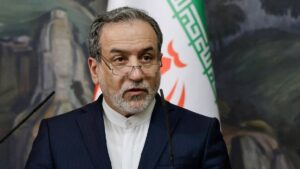



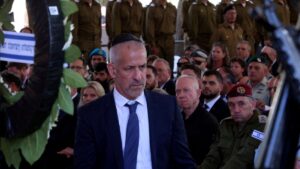
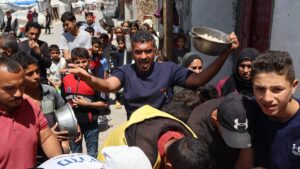
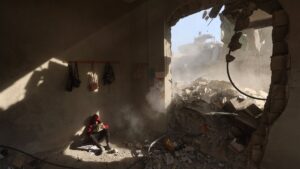
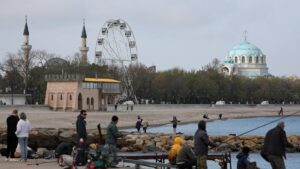

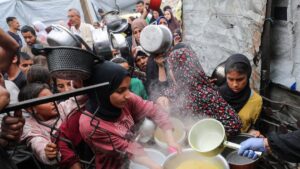

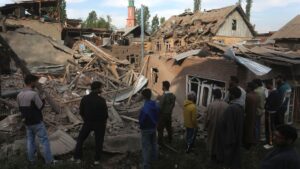
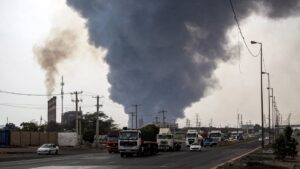


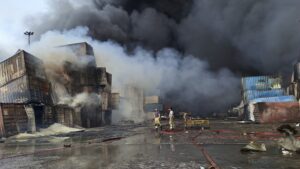


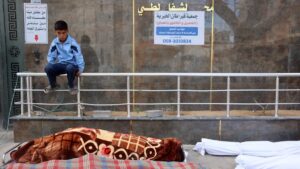

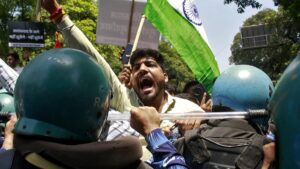

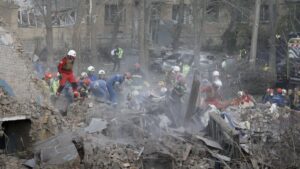



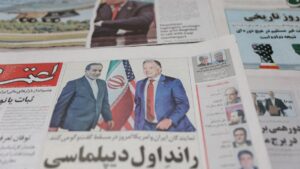

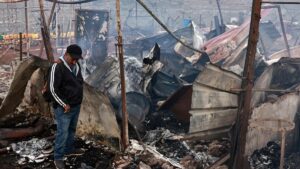
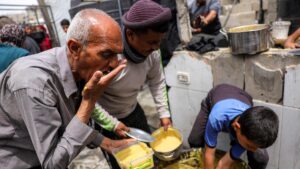
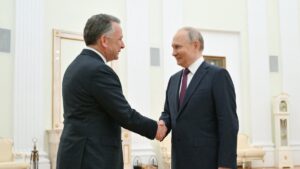
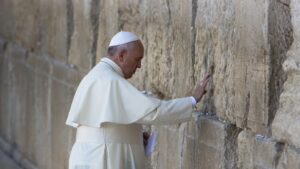
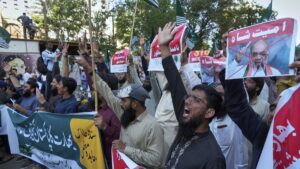
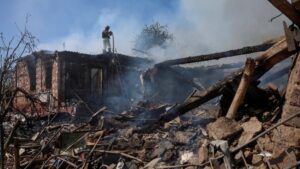

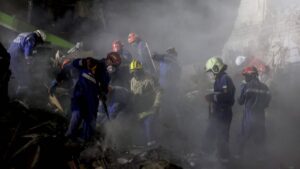

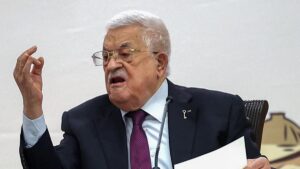
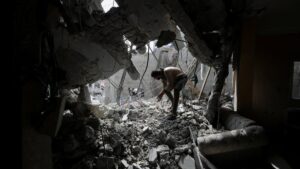
Be First to Comment